BMC fire Sanchez 'with immediate effect'
Spaniard faces lengthy ban after doping violation confirmed
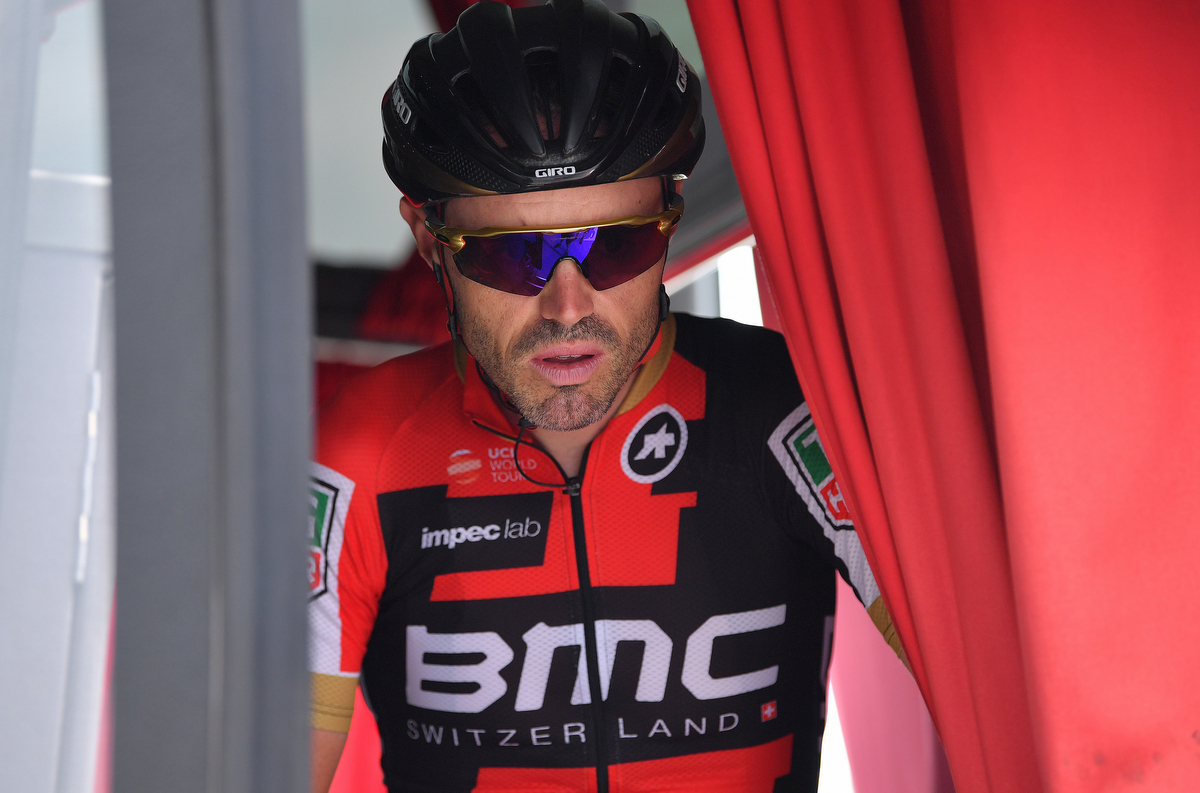
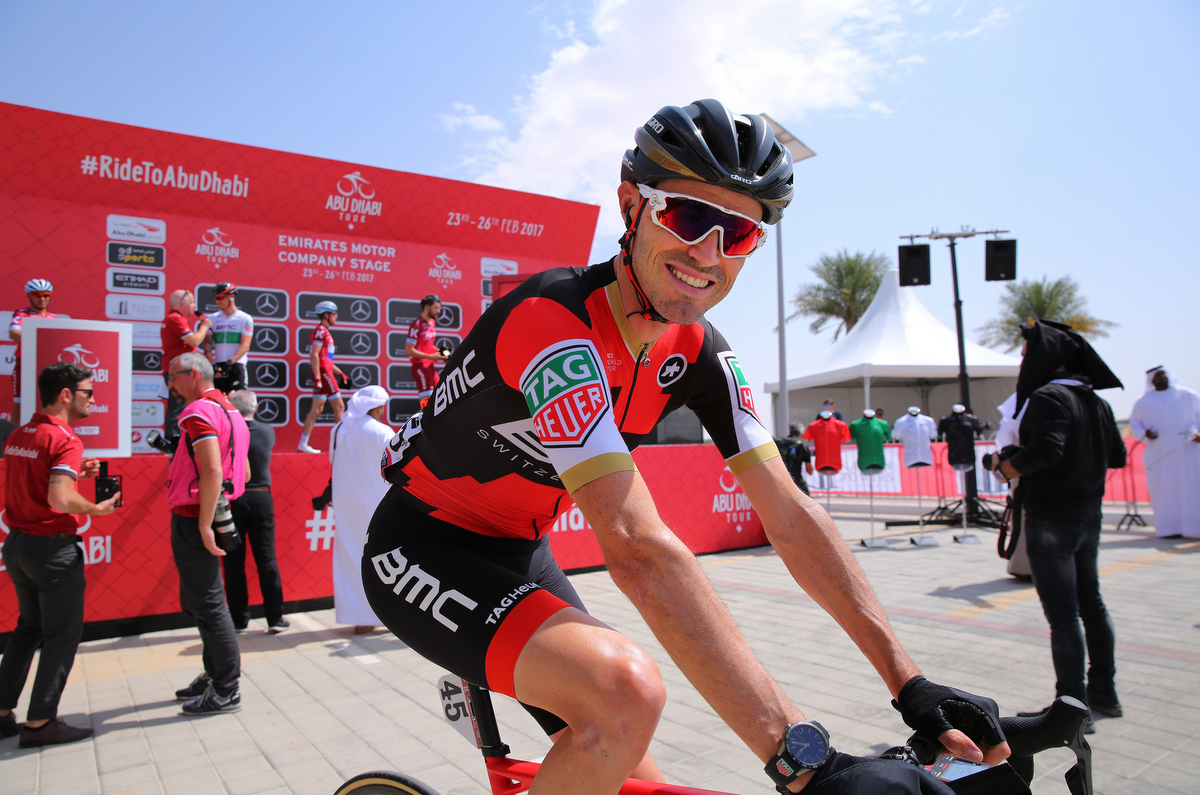
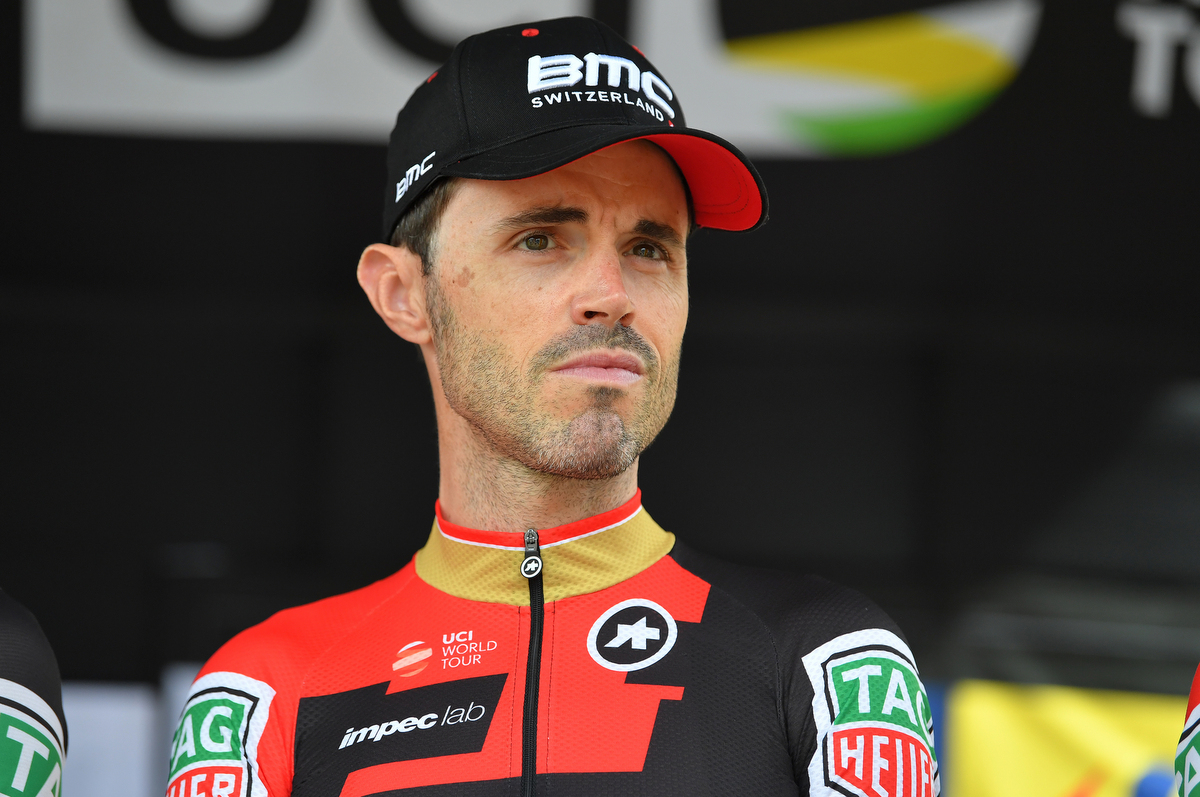
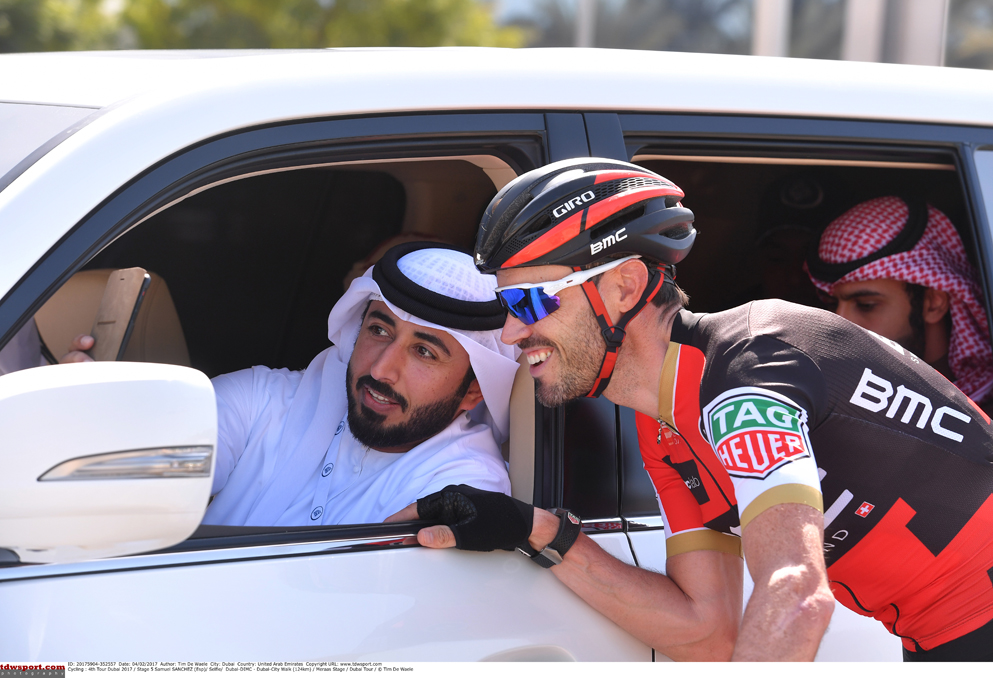
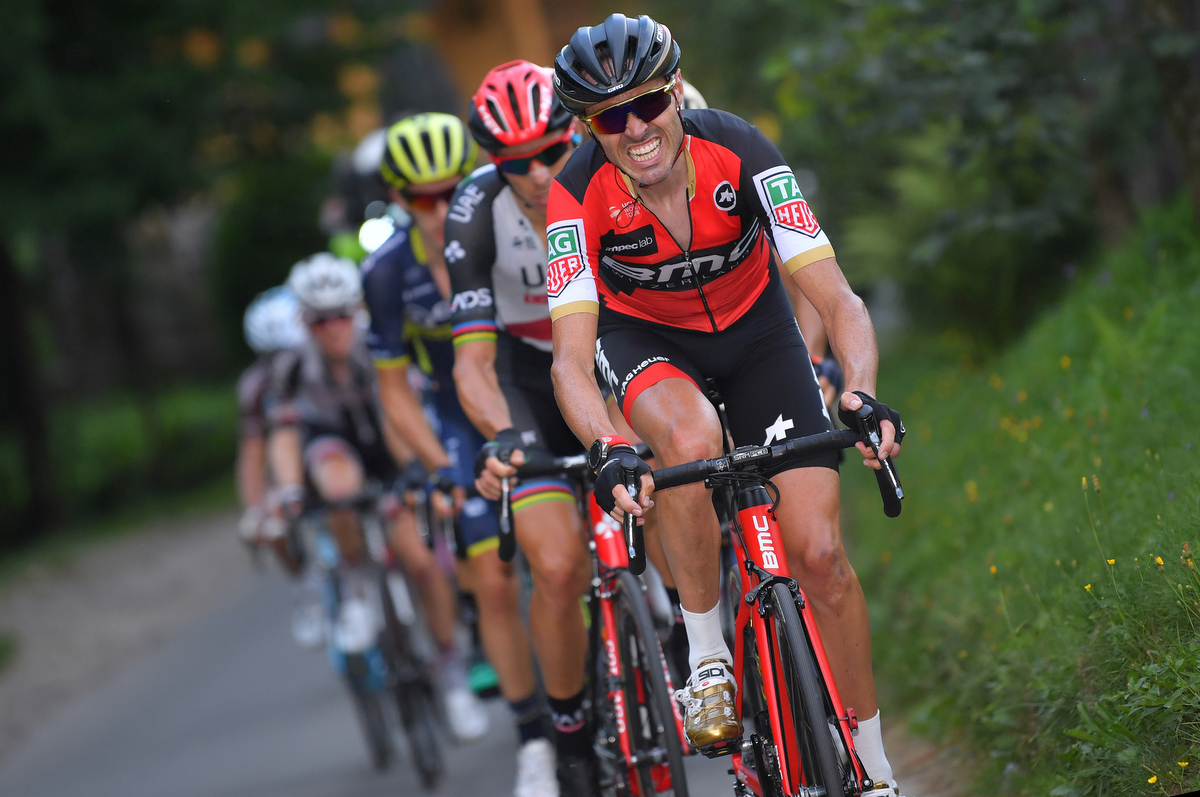
BMC Racing Team have fired Samuel Sánchez after it was confirmed on Wednesday that the Spaniard had committed an anti-doping violation.
The American-registered team had provisionally suspended Sánchez when it emerged that he had tested positive for growth hormone-releasing peptide 2 (GHRP-2) in an out-of-competition test on August 9, 2017.
Sánchez requested analysis of his B-Sample, protesting his innocence and claiming that it was just "a scare", but it was revealed on Wednesday that the results backed up the findings in his original sample, thus confirming the anti-doping rule violation.
BMC swiftly issued a statement on Wednesday evening to say that Sánchez’s contract had been terminated with immediate effect.
"BMC Racing Team was previously informed by the Union Cycliste Internationale (UCI) of a potential anti-doping violation for the presence of GHRP-2 and its metabolite, in an out-of-race anti-doping control for Samuel Sánchez Gonzalez. In accordance with BMC Racing Team’s zero tolerance policy with respect to doping violations and UCI regulations, Sánchez was immediately suspended from BMC Racing Team," read the statement.
"At the request of Sánchez, his B sample was analysed at the WADA accredited laboratory in Lausanne, Switzerland. The analysis of Sánchez’s B sample confirmed the presence of GHRP-2 and its metabolite, as found in his A sample. At that time, Sánchez’s contract with the team was terminated with immediate effect.”
Sanchez will now be sanctioned formally by the UCI and faces a lengthy ban from the sport.
Get The Leadout Newsletter
The latest race content, interviews, features, reviews and expert buying guides, direct to your inbox!
A number of riders have been sanctioned for use of GHRP-2 in recent years, the first being Maria Luisa Calle at the 2015 Pan American Games, followed last year by the Russian Tatiana Antoshina and the Italian Samuele Conti. This year, the Bardiani-CSF duo of Stefano Pirazzi and Nicola Ruffoni tested positive for growth hormone-releasing peptides ahead of the Giro d’Italia.
The UCI announced earlier this week that Pirazzi had been banned for four years, the same length of ban handed to Calle and Antoshina. Conti was given three years and seven months, while Ruffoni is still awaiting his sanction.
At 39 years of age, it is probable that a similar ban would mark the end of Sanchez’s 18-year career as a professional.